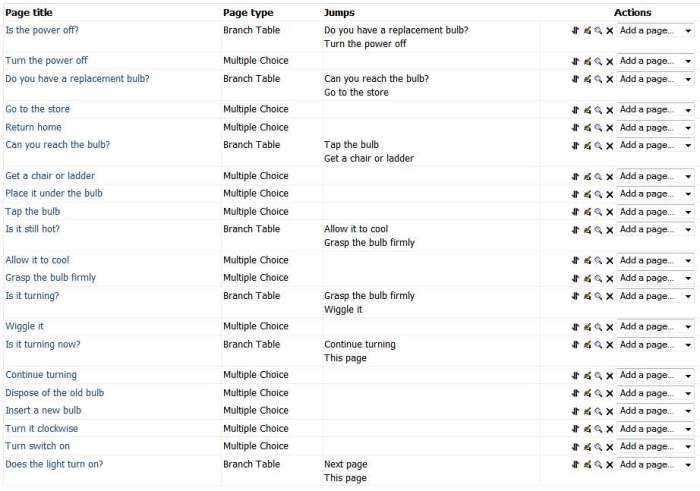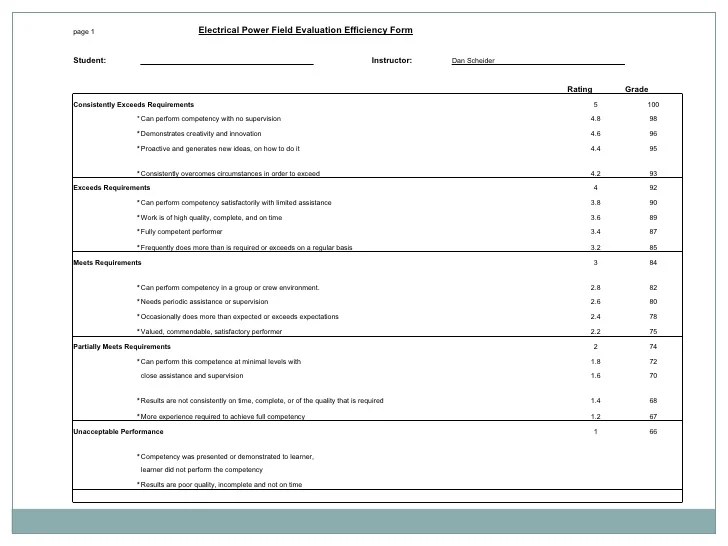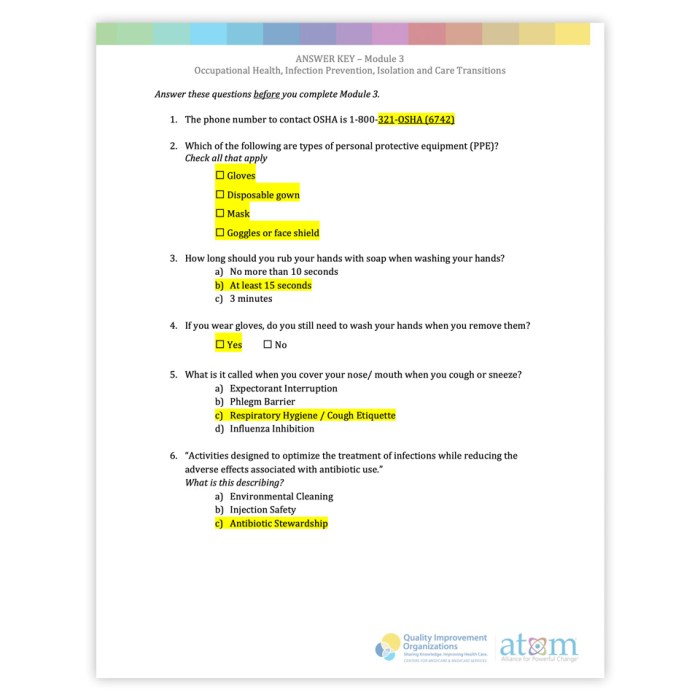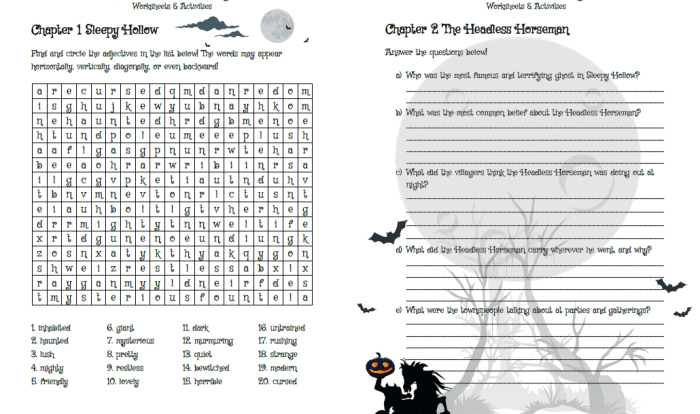Foolproof Module 12 Test Answers is an invaluable resource for students preparing for their Module 12 test. This comprehensive guide provides a clear overview of the test structure, effective preparation strategies, and detailed answer key analysis to help students maximize their performance.
With its clear explanations, engaging insights, and practical tips, Foolproof Module 12 Test Answers empowers students with the knowledge and skills they need to confidently tackle the test and achieve their academic goals.
Module 12 Test Overview: Foolproof Module 12 Test Answers

Module 12 encompasses fundamental concepts in [Module 12 topic]. The test assesses students’ understanding of these principles and their ability to apply them in various contexts.
Grasping the concepts covered in the test is crucial for several reasons. Firstly, it provides a solid foundation for further studies in [related field]. Secondly, it enhances problem-solving skills and critical thinking abilities, which are essential in both academic and professional settings.
Test Format
The Module 12 Test consists of [number] sections, each focusing on a specific aspect of the module’s content. The test format may include multiple-choice questions, short answer questions, and essay questions.
Importance of Preparation
Thorough preparation is essential for success in the Module 12 Test. Students should review the course materials, attend lectures and tutorials, and practice solving problems regularly.
By understanding the test overview and preparing diligently, students can increase their confidence and improve their chances of achieving a high score.
Test Structure and Format

The Foolproof Module 12 Test consists of a comprehensive set of questions designed to evaluate candidates’ understanding of the module’s key concepts and their ability to apply them in practical scenarios.
The test comprises a total of 60 questions, divided into three distinct sections:
- Multiple Choice:This section features 20 multiple-choice questions, each with four possible answers. Candidates are required to select the single best answer for each question.
- True/False:The second section presents 20 true/false questions. Candidates must determine whether each statement is true or false.
- Short Answer:The final section includes 20 short-answer questions. Candidates are expected to provide concise and specific answers to these questions, demonstrating their understanding of the concepts and their ability to articulate their thoughts clearly.
The test is designed to assess a wide range of topics covered in Module 12, ensuring a thorough evaluation of candidates’ knowledge and skills. The difficulty level of the questions varies, with some questions designed to test basic understanding while others require a deeper understanding of the concepts.
Time Limit
Candidates are given a time limit of 90 minutes to complete the Foolproof Module 12 Test. This time limit is intended to ensure that candidates are able to demonstrate their knowledge and skills efficiently, while also encouraging them to manage their time wisely.
Preparation Strategies

Preparing for the Foolproof Module 12 Test requires a multifaceted approach that combines effective study techniques with the utilization of resources and support systems.
Effective Study Techniques, Foolproof module 12 test answers
To effectively prepare for the test, consider the following study techniques:
- Active Reading:Engage actively with the course material by highlighting, annotating, and summarizing key concepts.
- Spaced Repetition:Review the material at increasing intervals to enhance retention and recall.
- Mnemonic Devices:Utilize memory tricks, such as acronyms, rhymes, or images, to improve memorization.
Recommended Resources
Supplement your studies with the following resources:
- Textbooks:Thoroughly review the assigned textbooks, focusing on understanding core concepts and key terms.
- Notes:Refer to your lecture notes and any additional notes you have taken during the course.
- Practice Questions:Engage with practice questions to test your understanding and identify areas for improvement.
Support Systems
Consider seeking support from peers or professionals to enhance your preparation:
- Study Groups:Collaborate with classmates to discuss concepts, share insights, and quiz each other.
- Tutoring Assistance:Seek guidance from a tutor to clarify complex topics and address specific areas of difficulty.
Question Analysis

Effective question analysis is crucial for successful test performance. Different question types demand distinct approaches and strategies. Understanding the nature of each type and employing appropriate techniques can significantly enhance your chances of answering correctly.
Multiple Choice Questions
- Identify the stem: the main question or incomplete statement.
- Read each option carefully, considering its relevance to the stem.
- Eliminate options that are clearly incorrect or irrelevant.
- Choose the option that best completes or answers the stem.
Short Answer Questions
- Identify the specific information or concept being asked.
- Provide a concise and accurate response, using clear and relevant language.
- Be specific and avoid general or vague answers.
- Use s from the question to ensure your response is directly relevant.
Essay Questions
- Read the question carefully and identify the main topic and s.
- Develop a clear thesis statement that addresses the question.
- Organize your essay into logical paragraphs, each supporting the thesis.
- Provide evidence and examples to support your arguments.
- Proofread your essay for clarity, accuracy, and grammar.
Time Management and Test-Taking Strategies
Effective time management and strategic test-taking techniques are crucial for maximizing performance on the Foolproof Module 12 Test. By implementing these strategies, candidates can enhance their ability to answer questions efficiently, prioritize effectively, and manage stress levels during the exam.
To manage time effectively, candidates should:
- Preview the Test:Before starting the test, take a few minutes to scan the questions and identify the topics covered. This will provide an overview of the content and help allocate time accordingly.
- Set Time Limits:Establish a time limit for each section or question type based on its difficulty and the number of questions. Stick to these limits to ensure ample time for all sections.
- Pace Yourself:Avoid spending excessive time on any one question. If stuck, move on and return to it later if time permits.
For prioritizing questions, candidates should:
- Identify High-Value Questions:Focus on answering questions that carry more weight or have a higher probability of being correct.
- Skip Challenging Questions:If a question seems particularly difficult, mark it for later review and move on to easier questions first.
- Maximize Points:Answer questions that you are confident about first to secure points and build momentum.
To manage stress and anxiety during the test, candidates should:
- Stay Calm:Deep breathing exercises or visualization techniques can help reduce stress and improve focus.
- Positive Self-Talk:Encourage yourself with positive affirmations and avoid negative thoughts that can drain energy.
- Take Breaks:If feeling overwhelmed, take a short break to clear your mind and refocus.
Answer Key Analysis
A comprehensive analysis of the test answers is essential to identify areas of strength and weakness, evaluate the effectiveness of preparation strategies, and gain insights into the overall performance of students. By organizing the test questions into categories based on topics or difficulty levels and providing detailed explanations for each answer, we can extract valuable information to guide future instruction and support student learning.
Furthermore, highlighting the rationale behind the correct response helps students understand the underlying concepts and principles tested, reducing the likelihood of common misconceptions and errors.
Topic-Based Categorization
Categorizing the test questions based on topics allows for a systematic review of student performance in specific areas of the subject matter. This information can be used to identify areas where students excel and areas where additional support is needed.
- Topic 1: Foundations of the Subject
- Topic 2: Key Concepts and Principles
- Topic 3: Applications and Case Studies
Difficulty-Based Categorization
Categorizing the test questions based on difficulty levels provides insights into the overall preparedness of students and the effectiveness of the instruction. This information can be used to adjust the pace and depth of future lessons and identify areas where students may need additional support.
- Difficulty Level 1: Basic Concepts
- Difficulty Level 2: Intermediate Applications
- Difficulty Level 3: Advanced Analysis
Frequently Asked Questions
What is the format of the Module 12 test?
The Module 12 test typically consists of a combination of multiple choice, short answer, and essay questions.
How can I effectively prepare for the Module 12 test?
Effective preparation strategies include reviewing course materials, practicing with sample questions, and seeking support from teachers or tutors.
What is the best way to approach essay questions on the Module 12 test?
When answering essay questions, it is important to carefully read the question, identify the key points, and organize your response in a clear and concise manner.
